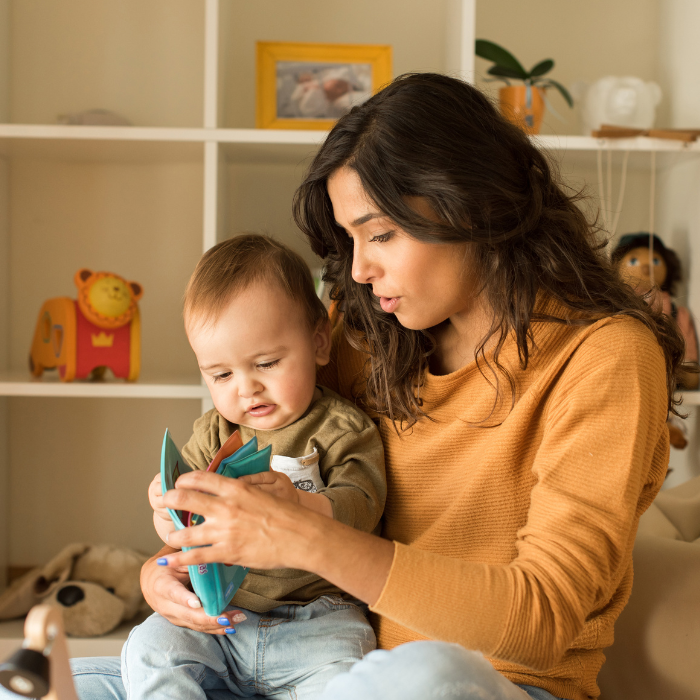
Parents who spend a lot of time on their phones or watching television during family activities such as meals, playtime, and bedtime could influence their long-term relationships with their children.
This is according to researchers (Brandon T. McDaniel of Illinois State University and Jenny S. Radesky of the University of Michigan Medical School) who say so called ‘technoference’ can lead children to show more frustration, hyperactivity, whining, sulking or tantrums.
The same research shows that we are letting technology interfere with primal things, like looking after our offspring. From a biological point of view, children are ‘pack animals’ who need the connection with their pack if they are to survive and flourish. Having worked in the children’s court for many years, I have seen parents distracted from their primary task of caregiving by drug addiction or by their own mental health needs. This is not that different. What is going on here is that parents are allowing this bright and shiny distraction – called their device – to determine what they do.
The pattern which gets repeated is that the child seeks their parent’s attention (which is their basic need), the parent fobs them off, the child ups the ante and then the parent feels annoyed and may lash out. This is a cycle that can only be broken by one party though – the parent.
Some tips for parents to help them turn off their devices (tv, phone, computer) and interact more freely with their children
- Your phone is a resource – and just that. We have a saying in our parenting course (Talk Less Listen More); the internet is an invited guest not an assumed resident! This basically means that you should control your technology, having it in or out of your life, at your discretion.
- It is about priorities and all those tiny day-to-day interactions that go into forming a healthy attachment with children (especially under age five). If we’re letting our need for devices have ascendancy over relationships, this is not in our child’s best interest.
- How do you want your child to remember you? Is it as a rude, cranky person who was always on their phone? Or as a warm and available person and one of life’s first teachers?

The physiological science behind children who are ‘acting out’ while craving attention from their parents
It is important to realise that the equilibrium of any child’s nervous system (which is spread throughout his or her body) is dependent on the people with whom the child has an attachment. In other words, parents are the main ‘instruments’ – for want of a better word – who calm down children by connecting with them, stroking them, reassuring them and saying things to help them identify how they feel about things. Children don’t have the ability to calm themselves down until they get older.
If kids don’t receive attention in the day- to-day interactions they may have with their parent, they’ll possibly go to extremes to make their needs well known. Children may be misbehaving more, because they aren’t getting enough of their parents’ attention.
On the flip side, parents also need to use devices when their kids are home, mainly for work, but also for play and relaxation — how can parents set some boundaries for their children to also respect this need and still know they are loved?
I think parents have the right to not be interrupted (perhaps they’re working or doing something important) but, maybe they should also have the kids minded while they are working. At a practical level, it’s about preparation and it’s about set-up.
The same goes with spending time with children. Parents could also timetable periods to be with their kids, when they’re NOT on their devices. Remember, the phone is a resource you can choose to either use or not use. With calmer, happier children as a result of that choice, it makes sense to choose wisely.
Michael Hawton is founder of Parentshop, providing education and resources for parents and industry professionals working with children. He has authored two books on child behaviour management: Talk Less Listen More and Engaging Adolescents. You can find more information, including his books and self-paced online parenting courses at https://www.parentshop.com.au/parent-courses/








